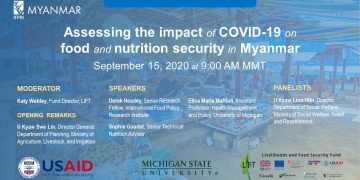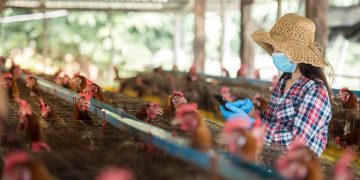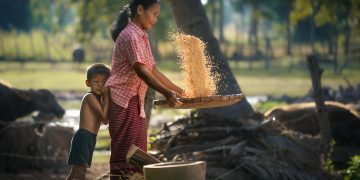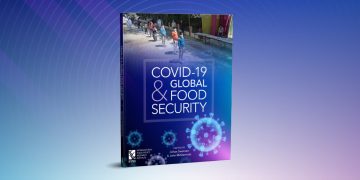The economic impacts of COVID-19 are threatening the food security of vulnerable households. In this policy seminar, Myanmar policymakers and development partners discuss the current welfare of Myanmar households and highlight the positive impacts of maternal and child cash transfers on nutritional care.
This section includes assessments on food security and nutrition of households in Myanmar based on the Myanmar Household Welfare Survey (MHWS). MHWS is a nationally and sub-nationally representative phone survey, conducted every 3-4 months on approximately 12,100 households. Assessments in this section will measure food security using a household hunger scale and food consumption score; and examine nutrition through the dietary quality of individuals.
COVID-19 and business responses: How are Yangon’s poultry farmers adapting to the pandemic? (Late June)
Although poultry demand is returning to normal, farms around Yangon are still facing challenges due to the COVID-19 pandemic. Learn more about our recommendations to help Myanmar poultry farmers adapt to COVID-19.
Protecting maternal and child malnutrition during a pandemic: Lessons learned from Myanmar
How can we protect the food and nutrition security of women and children during a pandemic? Learn more here about integrating effective infection control with food system innovations.
COVID-19 and global food security: Lessons learned
Rewatch our coverage of the "COVID-19 & Global Food Security" book launch, which highlights a book that brings together a groundbreaking series of IFPRI blog posts looking at the impacts of COVID-19 and the policy responses.
Book Launch: COVID-19 and Global Food Security
The COVID-19 and Global Food Security book brings together key pieces from IFPRI's groundbreaking blog series on the impacts of COVID-19 and the early policy responses in poor countries.




